Cancer discovery news
Our researchers are making the discoveries that defeat cancer. Read the latest findings from our world-leading research.
Visit our main news hub to read about news on new funding, our fundraising activities and much more. If you want to keep updated on our news, you can follow us on social media or sign up for our Search newsletter.
If you’re a journalist and want to find out more, you can contact our media relations team.

Gut bacteria ‘fingerprint’ predicts radiotherapy side effects
Taking a ‘fingerprint’ of the mix of bacteria in the gut can indicate how susceptible individual cancer patients are to gut damage as a result of radiotherapy for prostate and gynaecological cancers, a new study shows.
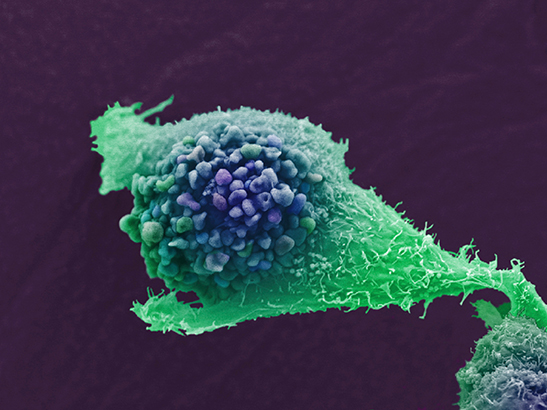
ESMO 2019: Breast and ovarian cancer drug outperforms targeted hormone therapy in some men with advanced prostate cancer
A drug used for breast and ovarian cancer is more effective than modern targeted hormone treatments at slowing progression and improving survival in some men with advanced prostate cancer, phase III clinical trial findings reveal.

ESMO 2019: Modern chemotherapy drug better than second targeted hormone therapy against resistant prostate cancer
A modern chemotherapy drug is more effective for men with advanced prostate cancer than a second targeted hormone therapy in patients who have stopped responding to treatment, a major clinical trial shows.
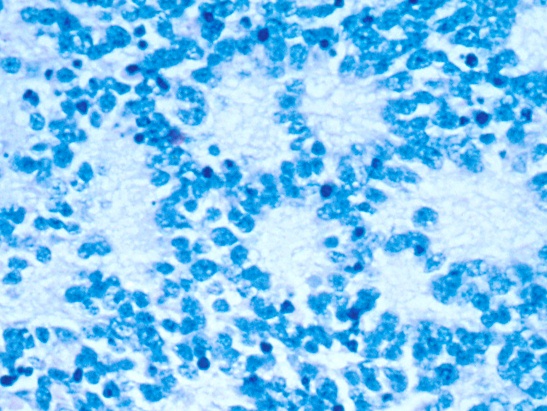
Scientists develop new way to study spread of devastating childhood cancer
New research has helped create a mouse model to help study a devastating childhood cancer and understand how it spreads.

ESMO 2019: Combination immunotherapy drugs offer new hope for melanoma patients
A combination of two immunotherapy drugs, ipilimumab and nivolumab, stops or reverses the progression of advanced melanoma – with long term survival rates hitting an all-time high – according to a study presented at the ESMO Congress.

ESMO 2019: Largest ever trial in postoperative prostate cancer patients confirms that men can be spared radiotherapy after surgery
Men with prostate cancer can be spared radiotherapy after surgery, according to late breaking results from a study presented at the ESMO Congress in Barcelona.
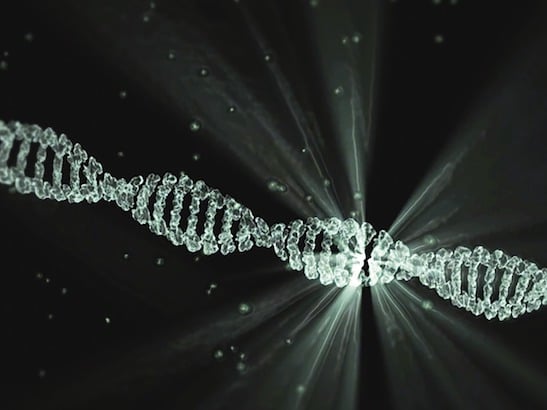
Study signals new era of precision medicine for children with cancer
A new study has shown the power of genetic testing to pick out the best drugs for children with cancer to extend and improve their lives – signalling a new era of precision medicine for young patients.

Combination therapies could help treat fatal lung cancers
Combining a new class of drug with two other compounds can significantly shrink lung tumours in mice and human cancer cells, finds a new study led by the Francis Crick Institute and The Institute of Cancer Research, London.
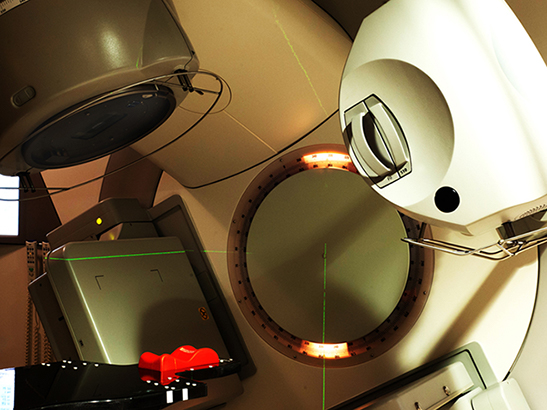
Targeted prostate cancer radiotherapy technique could cut treatment time from two months to two weeks
Advanced radiotherapy technology could safely deliver curative treatment for some prostate cancer patients in just one or two weeks, according to new research published today.
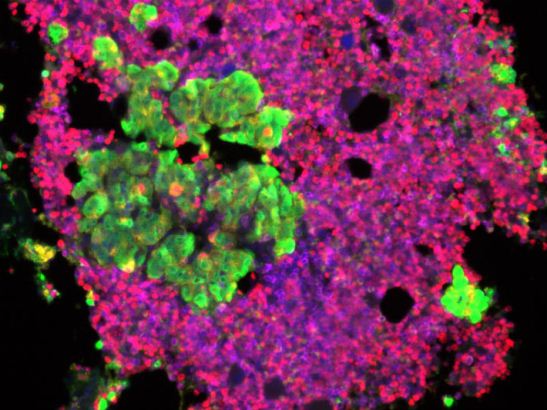
Increased risk of prostate cancer in men with BRCA2 gene fault
Men with faults in the BRCA2 gene have an increased risk of prostate cancer and could benefit from PSA testing to help detect the disease earlier, according to new research.
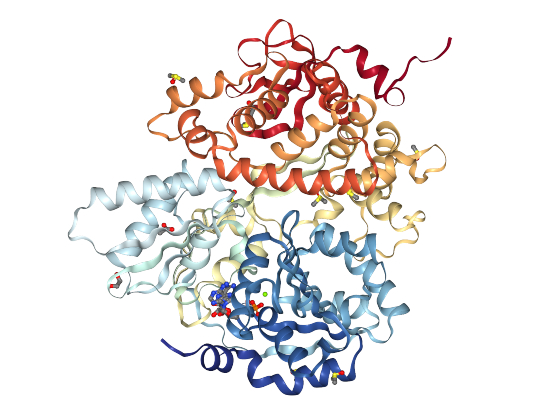
New way to target cancer’s diversity and evolution
Scientists reveal 3D structure of crucial molecule involved in mixing and matching genetic information within cells.
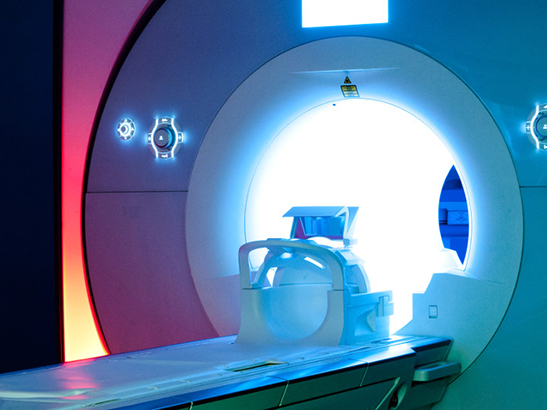
Three-minute MRI scan could safely and effectively test new precision treatments for children with neuroblastoma
A simple non-invasive MRI scan could play a key role in guiding the delivery of precision medicine to children with neuroblastoma – reducing the need for surgery, a new study has found.